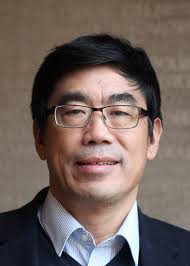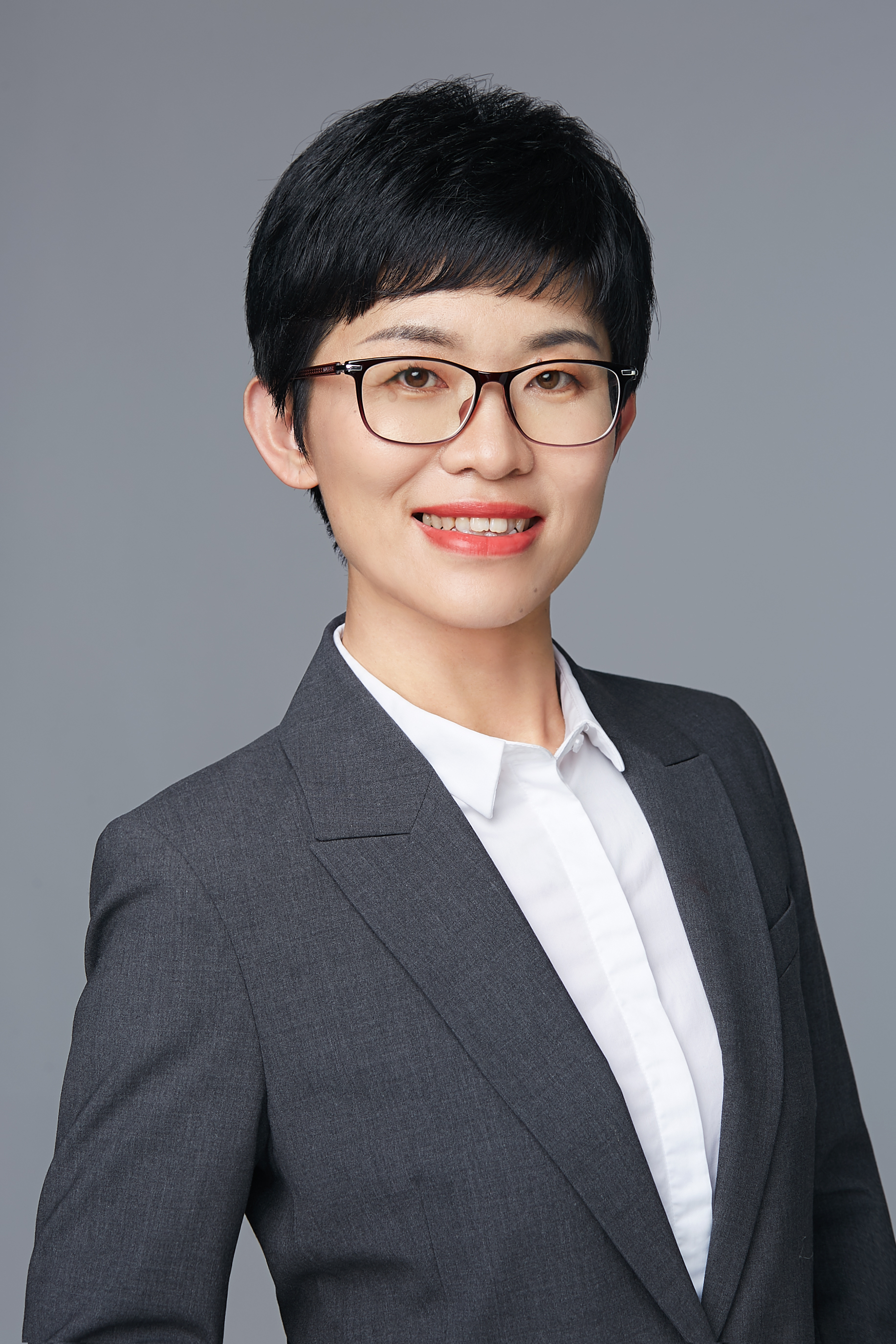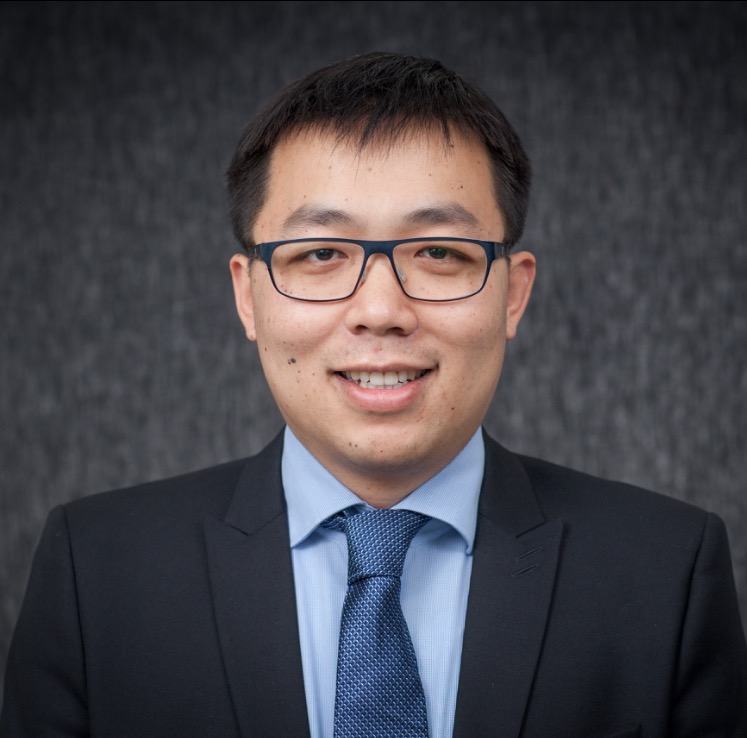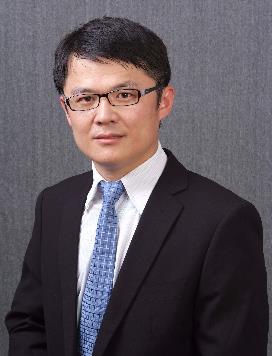Invitation to Contribute to the Special Issue on “Nanomedicine: principles, properties and applications” in Frontiers of Chemical Science and Engineering
On behalf of Prof. Jingkang Wang, the Editor-in-Chief of
Frontiers of Chemical Science and Engineering (FCSE) and the Editorial Office, we would like to invite you to submit a manuscript for the Special Issue, focused on emerging design strategies and applications of nanomaterials in nanomedicine.
Nanomedicine, which uses nanoscience and technology principles and methods to apply nanoscale or nanostructured materials to the medical field, has developed vigorously in the past few decades. With the rapid advancement of nanotechnology, nanomedicine and combination therapy were widely used in diagnosis, treatment, and imaging.
For this special issue of FCSE, we invite scientists to submit their work in one of the following areas:
?
Nanomaterials
* Strategies for the design and synthesis of multifunctional nanomaterials in nanomedicine, including inorganic, organic, dendrimer to natural or biopolymer materials
* Advanced nanocarriers for drugs, antibody, vaccine, peptides, and protein delivery
* The hazards and risks associated with nanomaterials
?
Diagnostics and therapy
* Bioimaging
* Cancer therapy
* Wound healing and tissue regeneration
* Autoimmunity
* Vascular related diseases
* Nervous related diseases
?
Nanodevice in nanomedicine
* Nanosensor
* Nanomotor
* Nanostructured scaffolds in the cell, tissue, and organ engineering
* Wearable medical devices
Submission Deadline: March 1, 2021.
All manuscripts will be peer-reviewed, following standard practices of FCSE. Please specify that your submission will be included in the special issue of "SI: Nanomedicine: principles, properties and applications" in the Cover letter, and be sure to select one of Zhanfeng Cui/ Huiyu Liu/ Huan Meng/ Guohua Jia as “Author Recommended Editors”.
FCSE is a leading peer-reviewed international journal co-sponsored by the Chinese Academy of Engineering, Higher Education Press. This journal publishes high-quality and original results in both basic and applied research areas worldwide. Outside the Chinese mainland, it is published and distributed by Springer. Papers published in FCSE include research articles, review articles, communications, and views & comments. More information can be found in “Guide for Authors” at the journal’s website.
Springer website: http://link.springer.com/journal/11705
Journal website:
http://journal.hep.com.cn/fcse/
Guest Editors
 Zhanfeng Cui
Zhanfeng Cui, Professor, Institute of Biomedical Engineering, Department of Engineering Science, University of Oxford, Oxford, UK
E-mail: zhanfeng.cui@eng.ox.ac.uk
Dr. Zhanfeng Cui, he was elected to the first Chemical Engineering Chair in 2000 and moved to Hertford College as a Professorial Fellow. He is a Fellow of the Institution of Chemical Engineers (FIChemE) and a Fellow of American Institute of Medical and Biological Engineering (FAIMBE). He was awarded the ‘Doctor of Science’ by the University of Oxford in 2009, elected to a Fellow of the Royal Academy of Engineering (FREng) in 2013 and a Fellow of American Institute for Medical and Biological Engineering in 2014. His research focuses on tissue engineering and stem cell technology, bioseparation and bioprocessing, and membrane technology.
 Huiyu Liu
Huiyu Liu, Professor, State Key Laboratory of Organic-Inorganic Composites, College of Life Science and Technology, Beijing University of Chemical Technology, Beijing, China
E-mail: liuhy@mail.buct.edu.cn
Dr. Huiyu Liu, awarded by the Excellent Young Scientists Fund in 2018, is a full Professor at BUCT since the end of 2015. She received Ph.D. in the Technical Institute of Physics and Chemistry (TIPC), the Chinese Academy of Sciences (CAS) in 2007. Her research mainly focuses on nanomedicine and nanobiology, including the safe design of smart nanoparticle-based platform for cancer therapy, and the characterization and understanding of the biological effects of nanomaterials, with important implications in human health. So far, Prof. Liu published about 90 papers in journals including Angew. Chem. Int. Ed., J. Am. Chem. Soc., Adv. Mater., Adv. Funct. Mater., ACS Nano, etc. She had already been cited more than 5400 times (H-index 35, Google Scholar statistics). She is a member of the Ninth Council of the Beijing Society Biomedical Engineering and a standing committee member and deputy secretary-general of the Imaging Technology Branch of China Medical Biotechnology Association.
 Huan Meng
Huan Meng, Associate Professor, Department of Medicine, NanoMedicine, and California NanoSystems Institute, University of California, Los Angeles (UCLA), USA
E-mail: menghuan@g.ucla.edu
Dr. Huan Meng is an Associate Professor and Principle Investigator in the Department of Medicine at UCLA, where he conducts multidisciplinary nanotherapeutic research in the medical school and California NanoSystems Institute (CNSI). Dr. Meng received his B.S. and Ph.D. degrees from Peking University and Chinese Academy of Sciences, respectively. Dr. Meng moved to US in 2008, formerly as a research fellow and since 2013 as a faculty in the Department of Medicine. Dr. Meng also holds faculty membership in Jonsson Comprehensive Cancer Center, CNSI and Center for Duchenne Muscular Dystrophy. Dr. Meng’s research interests are nanomedicine, pharmaceutical bioengineering and nano/bio interface, with a specific focus on nanotherapy in cancer and recently in rare muscle disease. Dr. Meng is a prolific inventor and frequently invited speaker. His intellectual property filing has contributed to the technology translation towards clinical trials. Dr. Meng has published approximately 90 peer-review papers, with a total citation of ~13,800 times (h-index of 50). His productivity and work impact were recognized by Clarivate Analytics’ inclusion as a “Highly Cited Researcher” (Top 1%) in the “Cross-Field” category.
 Guohua Jia
Guohua Jia, Senior Lecturer/Senior Research Fellow, School of Molecular and Life Sciences, Curtin University, Bentley, Australia
E-mail: guohua.jia@curtin.edu.au
Dr. Guohua Jia received his Ph.D. from City University of Hong Kong. Afterwards he joined Professor Uri Banin’s group as a Postdoctoral Fellow at The Hebrew University of Jerusalem in Israel, conducting his research on colloidal semiconductor nanocrystals. He is a group leader at Curtin University, Australia since 2015, conducting research on colloidal semiconductor nanocrystals and their assemblies, single nanoparticle electron microscopy and optical spectroscopy, as well as their applications in optoelectronic devices, solar energy harvesting, and biolabeling. He published over 100 papers with an h-index of 30 and 2704 citations, including one in Nat. Mater., two in J. Am. Chem. Soc., five in Adv. Mater., one in Nano Letter., one in Adv. Energy Mater. and two in Adv. Funct. Mater. (Google Scholar, as of 15/09/2020). He is an inventor of two US patents (one is a full patent granted and the other is a Patent Cooperation Treaty application). He received many prestigious awards including Key Outcomes to hydrogen and energy futures (Australian Council of Deans of Science, 2019), J G Russell Award (The Australian Academy of Science, 2016), Australian Research Council Discovery Early Career Researcher Award (Australian Resarch Council 2015) etc.
Pubdate: 2020-09-21
Viewed:
811



